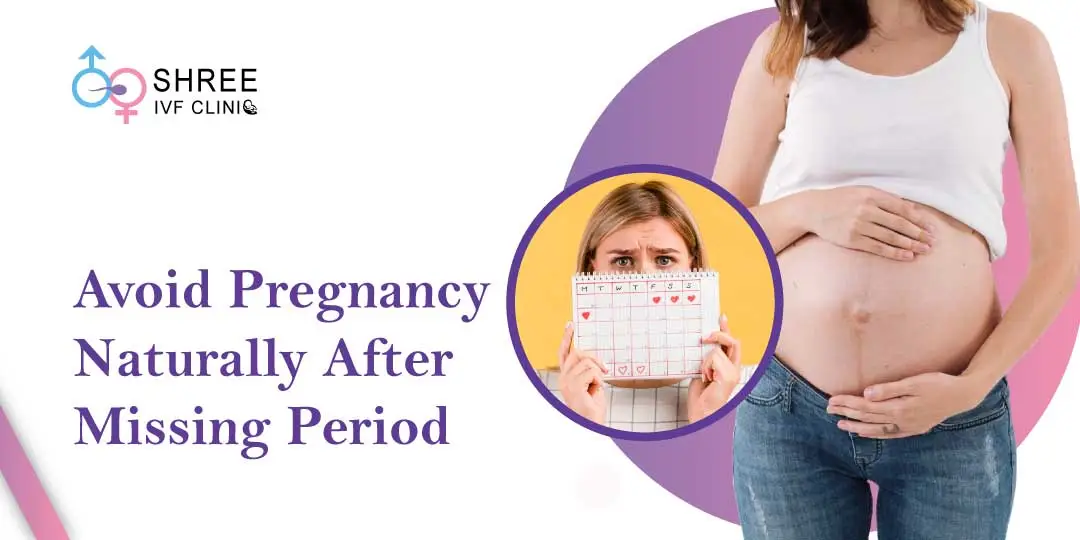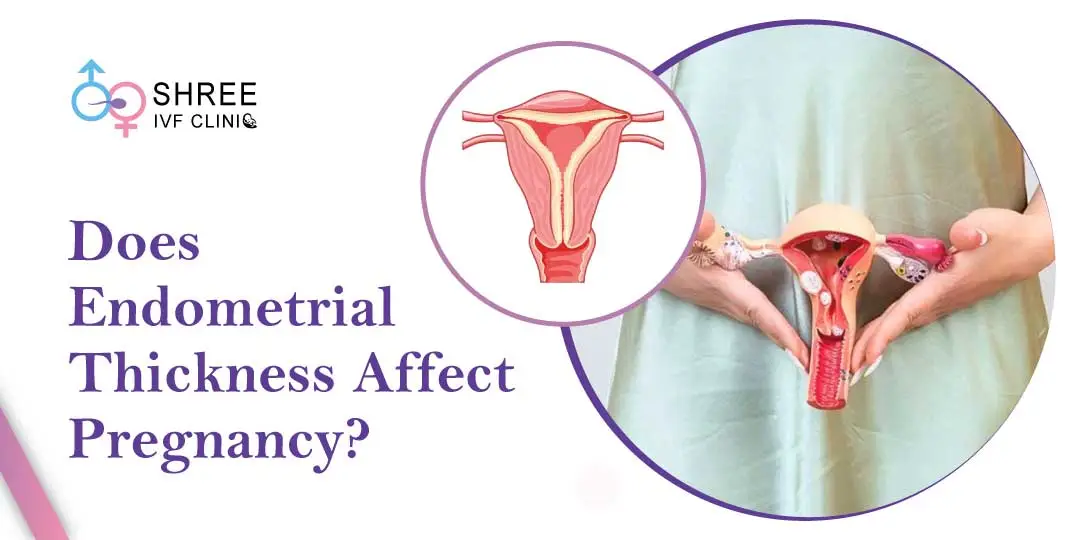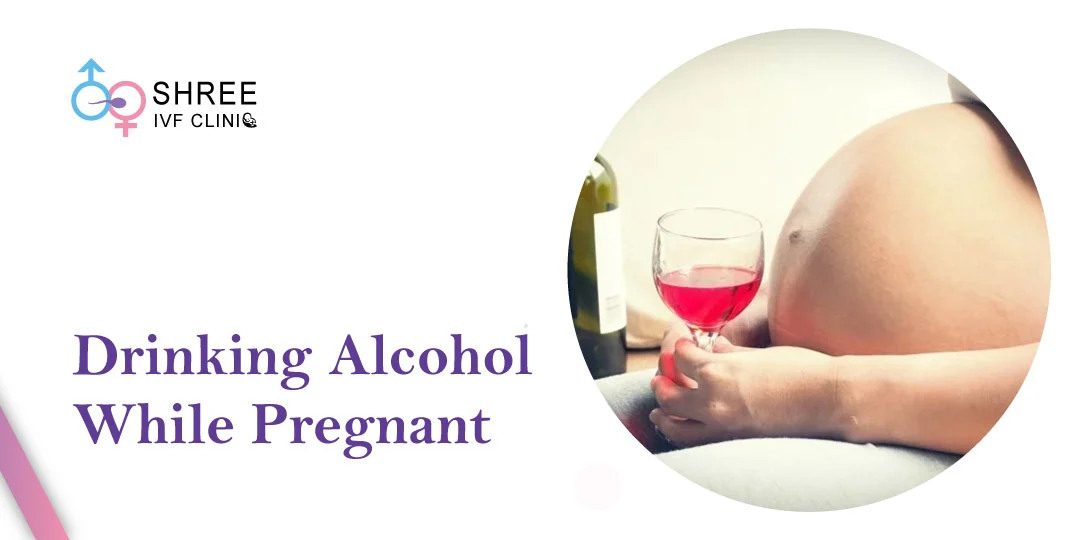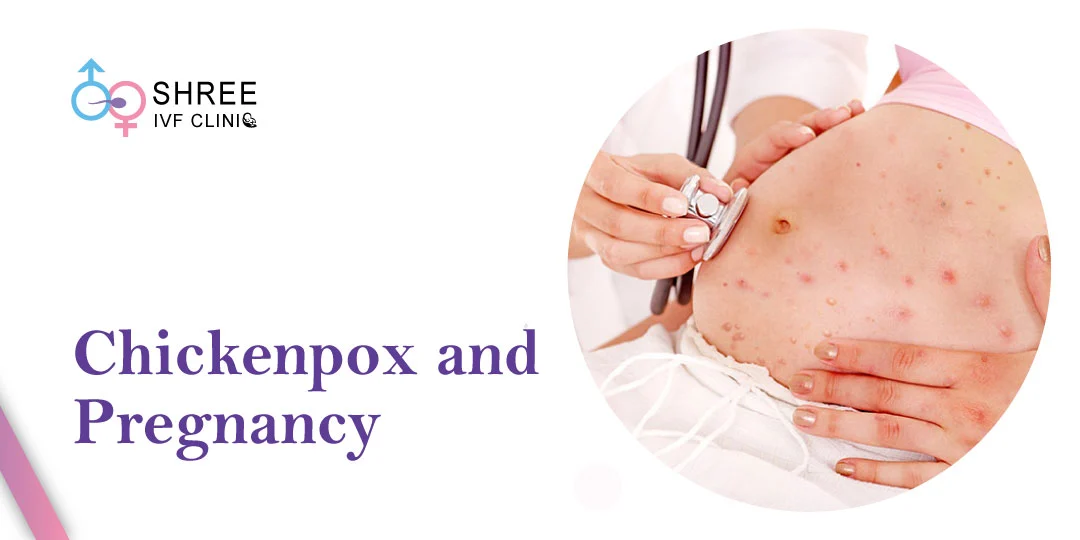How to Avoid Pregnancy Naturally After Missing Period?
UPDATED ON 08TH Oct. 2024
Missing your period can make you feel a mix of emotions, especially if you’re not ready for pregnancy. It’s important to know there are natural ways to help prevent pregnancy, but timing is crucial. In this article, I’ll break down what you need to know in a simple, caring way—like having a chat with a trusted friend who’s an expert.

AUTHOR
Dr Jay Mehta
Scientific Director & IVF Specialist with 10+ years of experience
CONDITION
Pregnancy
GET IN TOUCH ON
Understanding the Basics: Why Did You Miss Your Period?
Before we dive into the methods, let’s understand why your period might be late. A period is your body’s way of telling you that no pregnancy happened. But sometimes, stress, diet, changes in routine, or hormonal imbalances can make your period late.
It’s like when your school bus is supposed to arrive at a certain time, but occasionally, it might be delayed due to traffic. Similarly, your period can be delayed due to internal changes.
What Happens After You Miss a Period?
Missing a period could mean you’re pregnant, but it’s not a guarantee. Think of it like this: If you plant a seed, you won’t know for sure it will grow into a plant unless you see signs like sprouting.
Pregnancy happens when a sperm meets an egg and they combine in the uterus. If you’re sexually active and miss a period, it’s a sign to check for pregnancy, just like checking your soil for a new sprout.
But what if you don’t want to be pregnant and your period is late? Here are some natural methods you can use to avoid pregnancy:
1. The First Step: Timing Is Key
If you’re trying to avoid pregnancy after missing a period, it’s important to act quickly. Imagine you’re at a train station and want to catch a train before it leaves.
If you wait too long, you miss your chance to stop it. Similarly, natural methods to prevent pregnancy work best if done within a short time frame after having unprotected sex.
2. Herbal Remedies: Nature’s Helpers
Some people use herbal remedies to prevent pregnancy, but it’s important to know these may not be 100% effective.
Herbs like parsley and ginger are believed to help bring on a period by encouraging the uterus to contract. It’s like trying to gently wake someone up who’s sleeping—you nudge them, and hope they respond.
Example: You can make parsley tea by boiling parsley leaves in water and drinking it two to three times a day. Some believe this might help your period start, but there’s no guarantee.
However, always be cautious about using herbs. Some can have side effects, just like how eating too much spicy food can upset your stomach. It’s always a good idea to consult a healthcare professional before trying herbal remedies.
3. Vitamin C: A Common Home Remedy
Another natural method some people use is Vitamin C. Large doses of Vitamin C are thought to increase estrogen levels, which could cause the uterus to contract and start menstruation. Think of Vitamin C as giving your body a little nudge, like turning on a fan to help clear the air. You can find Vitamin C in fruits like oranges or take it as a supplement.
Example: If you eat plenty of oranges or take Vitamin C supplements, it might help your period start. But be careful, just like too much candy can give you a stomachache, too much Vitamin C can cause other issues like diarrhea.
4. Tracking Ovulation: Knowing Your Body’s Natural Signals
If you miss your period and don’t want to get pregnant in the future, tracking ovulation can help. Ovulation is the time in your menstrual cycle when you’re most likely to get pregnant. It’s like the peak of a roller coaster when you’re about to go down—that’s the most critical time.
Analogy: Imagine your body has a calendar, and there are certain days marked in red as “high-risk days” for pregnancy. Ovulation is usually around the middle of your cycle, and knowing when that happens can help you avoid pregnancy.
Use apps or a calendar to track your cycle. When you know when you’re ovulating, you can avoid having unprotected sex during that time, reducing the chance of pregnancy naturally.
5. The Pull-Out Method: A Risky Option
The pull-out method is when a partner pulls out before ejaculation to prevent sperm from entering the vagina. Think of it as trying to stop water from spilling over the edge of a glass—sometimes, it works, but there’s still a risk of spills.
Example: While the pull-out method may seem like a natural way to avoid pregnancy, it’s not very reliable. It’s like trying to stop a sneeze that’s already starting—once it’s happening, it’s hard to control.
6. Breastfeeding: A Temporary Natural Method
If you’re breastfeeding and haven’t gotten your period yet, there’s a chance you may not ovulate, which means you’re less likely to get pregnant. This is known as the Lactational Amenorrhea Method (LAM). It’s like having a natural pause button on your body’s reproductive system. However, this method works only under certain conditions, such as exclusive breastfeeding.
Example: If you’re breastfeeding exclusively, your body might delay ovulation for several months. But as your baby starts eating solid food or nursing less frequently, ovulation can start again.
7. Emergency Contraception: A Last Resort
If you missed your period and had unprotected sex recently, you might consider using emergency contraception (like the morning-after pill). It’s like hitting an “undo” button shortly after something happens. Emergency contraception works best if taken within 72 hours of unprotected sex. It’s safe but should only be used as a backup method, not as a regular form of birth control.
Analogy: Imagine you’re playing a video game, and you realize you made a mistake—you hit the “redo” button quickly to fix it. But you can only use it for a limited time after the mistake happens.
8. Understanding the Limitations of Natural Methods
Natural methods to avoid pregnancy, such as tracking your ovulation, using herbal remedies, or the pull-out method, can be helpful but are not 100% foolproof. It’s like relying on an umbrella during a storm—it helps, but you might still get wet if the wind is strong enough.

4,790+
379K+
What to Do If You Suspect You’re Pregnant
If you’ve missed your period and are worried about pregnancy, the first step is to take a pregnancy test. If the test is positive and you’re not ready for pregnancy, speak with a healthcare provider or gynecologist about your options. They can guide you through safe and supportive solutions.
Remember, it’s normal to feel overwhelmed, but you don’t have to go through this alone. Just like you wouldn’t try to fix a car problem by yourself if you’re unsure what to do, it’s okay to seek help from professionals when it comes to your health.
Also Read: How To Choose The Right Gynecologist For Pregnancy?
Conclusion: You’re Not Alone
Missing a period can feel scary if you’re not ready for pregnancy, but there are natural ways to manage this situation. From tracking ovulation to understanding herbal remedies, there are steps you can take.
However, always remember that it’s important to act quickly, get reliable information, and reach out to a healthcare provider if you’re unsure. Your body is unique, and there’s no one-size-fits-all answer, so take care of yourself gently and kindly, just as you would care for a friend in need.
AUTHOR
Dr Jay Mehta
Scientific Director & IVF Specialist with 10+ years of experience
CONDITION
Pregnancy
CALL US 24/7 FOR ANY HELP
GET IN TOUCH ON
Share Article on
Recommended Reading
Endometriosis Thickness and Its Impact on Pregnancy
A good endometrial thickness (8-14 mm) is essential for pregnancy, especially in women with endometriosis. Learn how it impacts fertility and conception
Drinking in Early Pregnancy Without Knowing
Early pregnancy alcohol consumption raises risks of miscarriage and Fetal Alcohol Spectrum Disorders (FASD), affecting the baby’s health and development
Is Chickenpox Dangerous in Pregnancy?
Chickenpox in pregnancy is risky for the unvaccinated, yet if you’ve had it previously, your strong immune defenses protect both you and your baby




